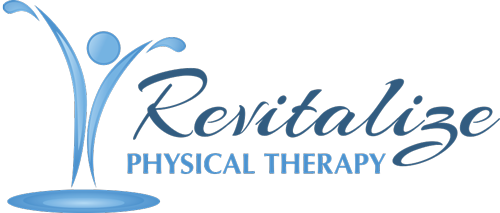
Stem cell research is a hot topic gaining traction and attention in the medical community. Stem cells are like physical therapists who have recently completed graduate school. They have not yet specialized in their specific field of interest, whether it be pediatrics, geriatrics, neurology, or, of course, pelvic floor physical therapy. So too with stem cells- they are undifferentiated cells that exist in multicellular organisms that have the potential to differentiate into one of many different types of specialized cells.
The two types of stem cells that exist within mammals are embryonic stem cells and adult stem cells. Embryonic stem cells are more versatile than adult stem cells- they are pluripotent and can differentiate into any type of cell. Adult stem cells can only differentiate into cells identical to the tissue from which they originate. In humans, adult stem cells are harvested from bone marrow (typically from the femur or the iliac crest), adipose tissue (obtained through liposuction), and blood.
Stem cell research is revolutionizing disease treatment. Organs may decline in function as they age or due to disease. Guided differentiation of stem cells can generate healthy tissues or organs as needed. This is known as regenerative medicine. The future of organ transplants, as well as spinal cord injury, stroke, heart disease, and arthritis may be strongly influenced by stem cell research advancements. In addition, adult stem cells have been used in bone marrow transplantations. Finally, some pharmaceutical companies have performed drug testing on human stem cells rather than on live subjects.
Unfortunately, hundreds of clinics throughout the United States have been providing stem cell related services without the approval of the Food and Drug Administration (FDA). Rob Stein, correspondent and senior editor of NPR’s science desk, discussed this problem in Shots (August 28th). FDA Commissioner Scott Gottleib, in attempt to stem the tide of these clinics, expressed strong disapproval of these practices. According to him, “There are a small number of unscrupulous actors who have seized on the clinical promise of regenerative medicine, while exploiting the uncertainty, in order to make deceptive, and sometimes corrupt assurances to patients based on unproven and, in some cases, dangerously dubious products.” The FDA sent a warning letter to the US Stem Cell Clinic of Sunrise, Florida. This clinic, like many others, has attempted to treat Parkinson’s disease, lung and heart disease, and amyotrophic lateral sclerosis (ALS) with stem cells obtained from their clients’ adipose tissue. They have used the same method to treat macular degeneration, which has unfortunately resulted in blindness in several reported cases. In a letter to their clinic, the FDA strongly accused them of “marketing stem cell products without FDA approval and [of] significant deviations from current good manufacturing practice requirements.” The FDA has sent a similar message to StemImmune (San Diego, California) and California Stem Cell Treatment Centers (Rancho Mirage and Beverly Hills, California).
Many leading stem cell researchers have applauded the FDA for speaking out against these exploitive clinics, and they eagerly await stem cell treatment guidelines due to be issued by the FDA. These researchers support stem cell research and anticipate the many interventional doors it will open once fine-tuned. Clinics that advertise stem cell treatment may sound innovative and trendy, however it isn’t safe…just yet. Stay tuned, for the future of medicine is likely to incorporate the benefits of stem cell research under FDA approval.


